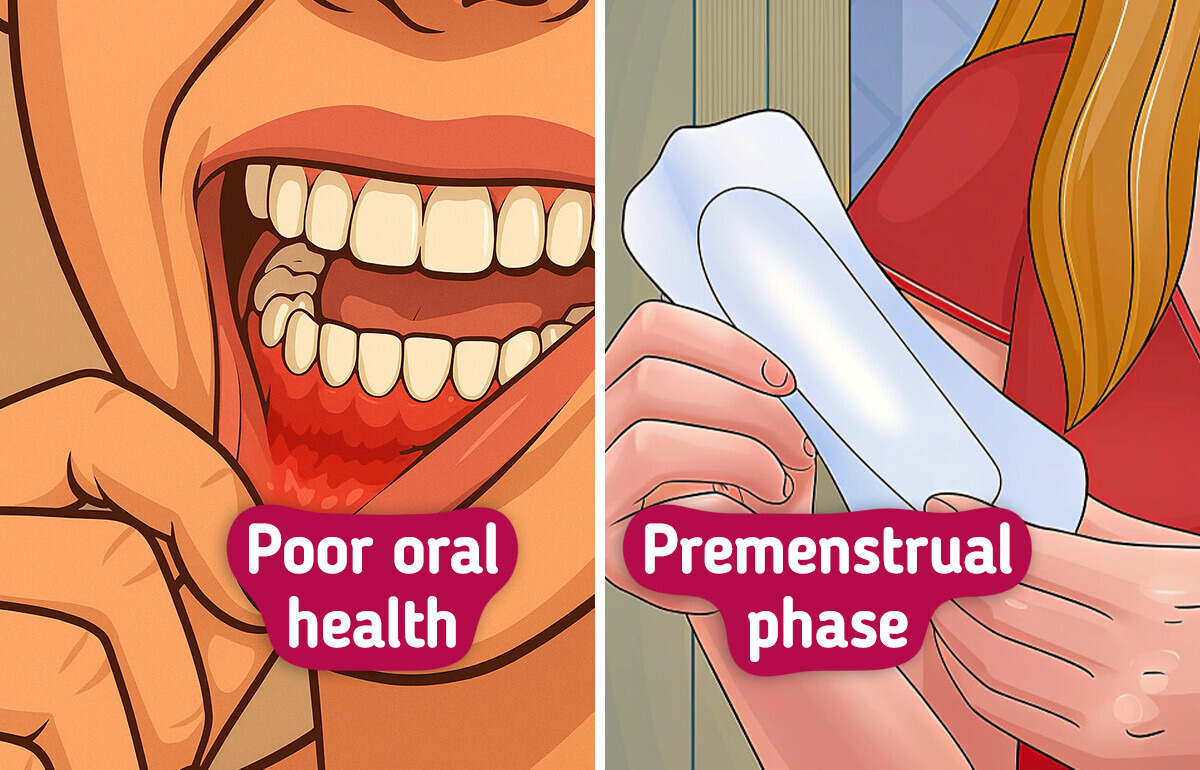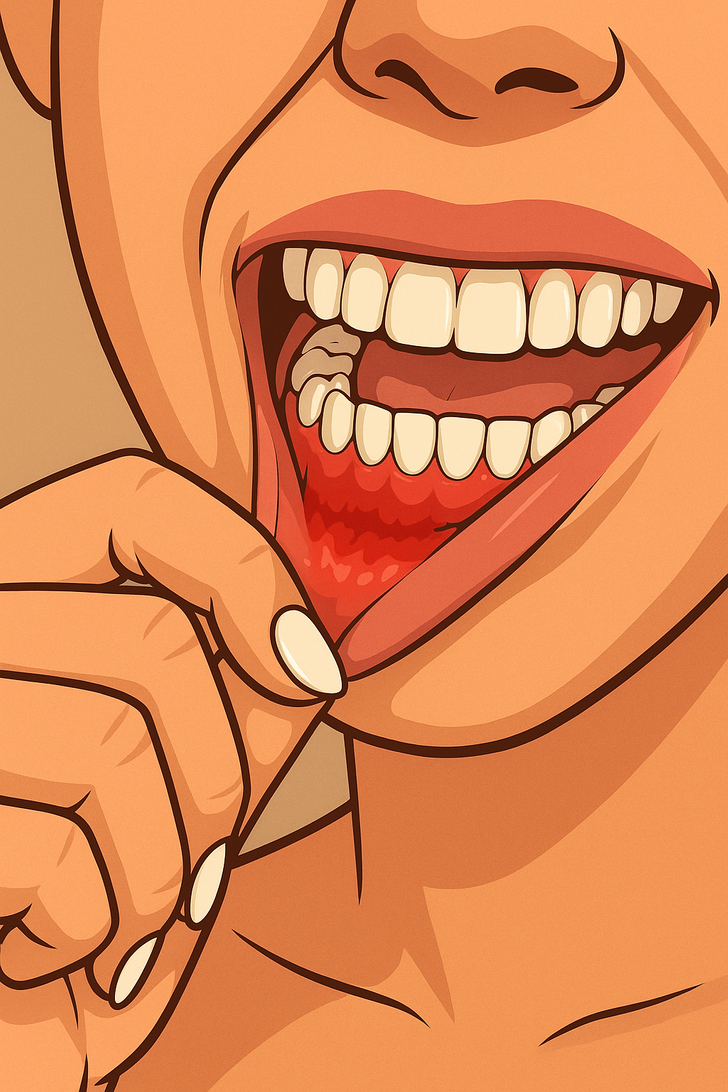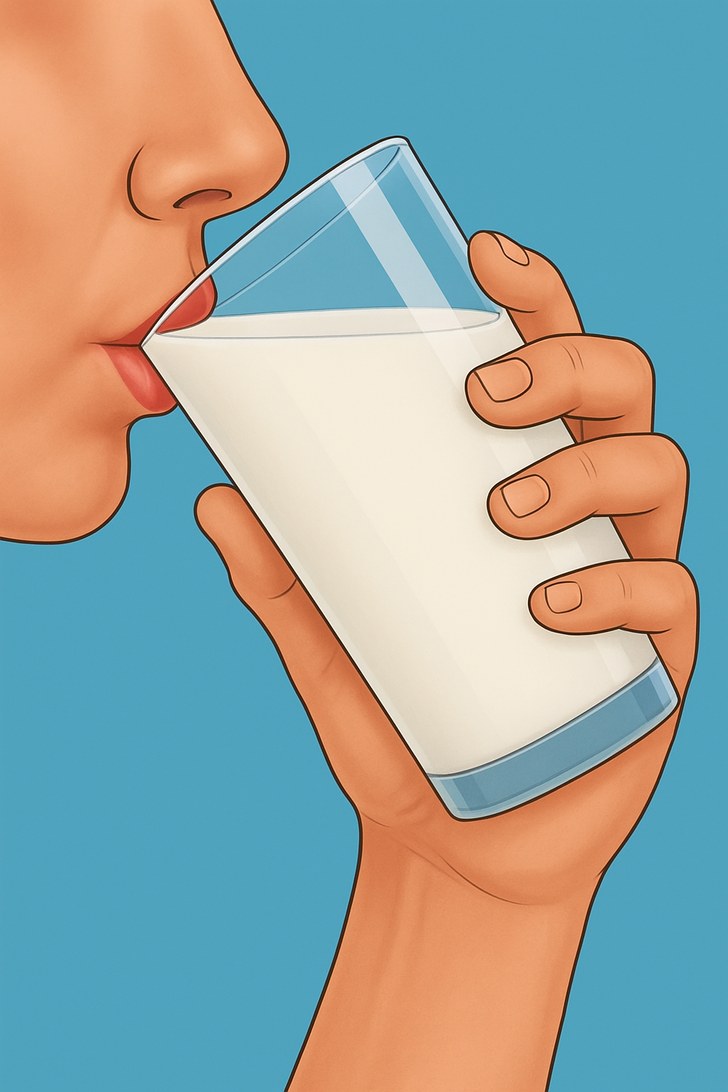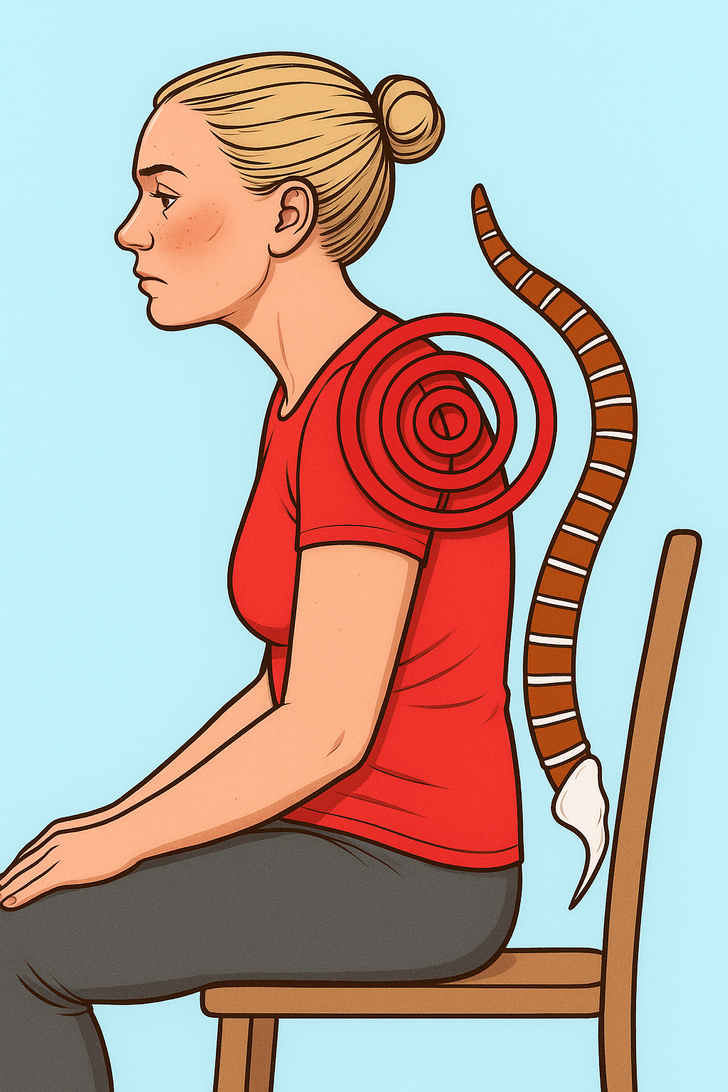“Brilliant!” Woman Outsmarts Pushy Guys With One Hilarious Move


Gut inflammation isn’t always caused by the obvious culprits like junk food or infections. Sometimes, the triggers are hiding in plain sight — in your pantry, daily habits, or even your hormones. Here are the surprising, science-backed reasons your bowel might be on fire — without you even realizing it.
The content provided is for informational purposes only and is not intended to be a substitute for professional medical advice, diagnosis, or treatment. Always seek the advice of your physician or other qualified healthcare provider with any questions you may have regarding a medical condition.

What it is:
Inulin is a type of fiber found in foods like garlic, leeks, and bananas. It’s usually promoted as a healthy prebiotic that feeds the good bacteria in your gut.
But here’s the surprise:
While inulin is great for some people, it can actually trigger inflammation in those with sensitive guts—like people with IBD (Inflammatory Bowel Disease). A study by Weill Cornell Medicine showed that inulin made gut inflammation worse in mice designed to model IBD conditions.


What it is:
Histamine is a natural chemical your body makes during allergic reactions—but it’s also found in aged or fermented foods.
Why it matters:
Eating lots of histamine-rich foods can irritate your gut lining and make IBD symptoms worse, especially if your body isn’t great at breaking histamine down.

What it is:
High-intensity or prolonged workouts, like marathon running or intense cycling, without adequate recovery.
Why it matters:
While moderate exercise is healthy, extreme endurance training can divert blood away from the digestive tract, leading to intestinal stress, increased permeability, and inflammation.

What it is:
Gum disease, or periodontitis, is a chronic infection of the gums.
Why it matters:
Bacteria from the mouth can travel to the gut, disrupting its balance and potentially leading to inflammation characteristic of IBD.

What it is:
Frequent consumption of sugary drinks and sweets.
Why it matters:
Too much sugar may feed harmful gut bacteria, promoting inflammation in people vulnerable to IBD.

What it is:
Estrogen and progesterone levels rise and fall throughout a woman’s cycle.
Why it matters:
These hormonal changes can influence gut motility and sensitivity. For some women, the premenstrual phase can trigger bloating, cramping, and even gut inflammation — especially if they already have IBS or IBD.


What it is:
Slouching or hunching over while sitting misaligns the spine and places additional pressure on the abdomen.
Why it matters:
This posture can impede the normal movement of the diaphragm and intestines, disrupting the digestive process and potentially leading to inflammation.











